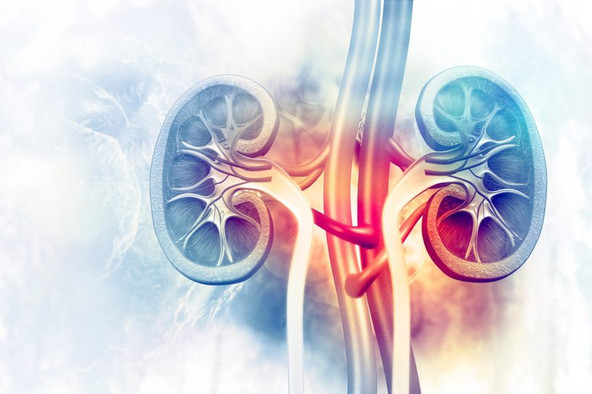Posted by Beyond Health on Nov 3rd 2025
Exercise in Spurts Counteracts the Negative Effects of Too Much Sitting
More of us than ever are working from home and ordering what we need online, wedding us ever more closely to our computers. And while Americans were sitting too much before, it’s only gotten worse. While there’s nothing wrong with sitting per se, sitting in the same chair hour after hour actually changes body chemistry for the worse, increasing insulin resistance, blood sugar and triglycerides. Since these changes are linked with diseases like heart disease, diabetes, metabolic syndrome, obesity, dementia and cancer, and even to earlier death, sitting has been called “the new smoking.” Many people try to counteract the negative effects of too much sitting with a daily walk or run, or going to the gym after work, but although these forms of exercise are helpful in reducing the negative effects of sitting (and have their own additional benefits), they are much less effective than getting up out of your chair every 15 minutes or so and moving around a bit. Former N…
read more Fuel your life with the purest vitamins
Fuel your life with the purest vitamins









